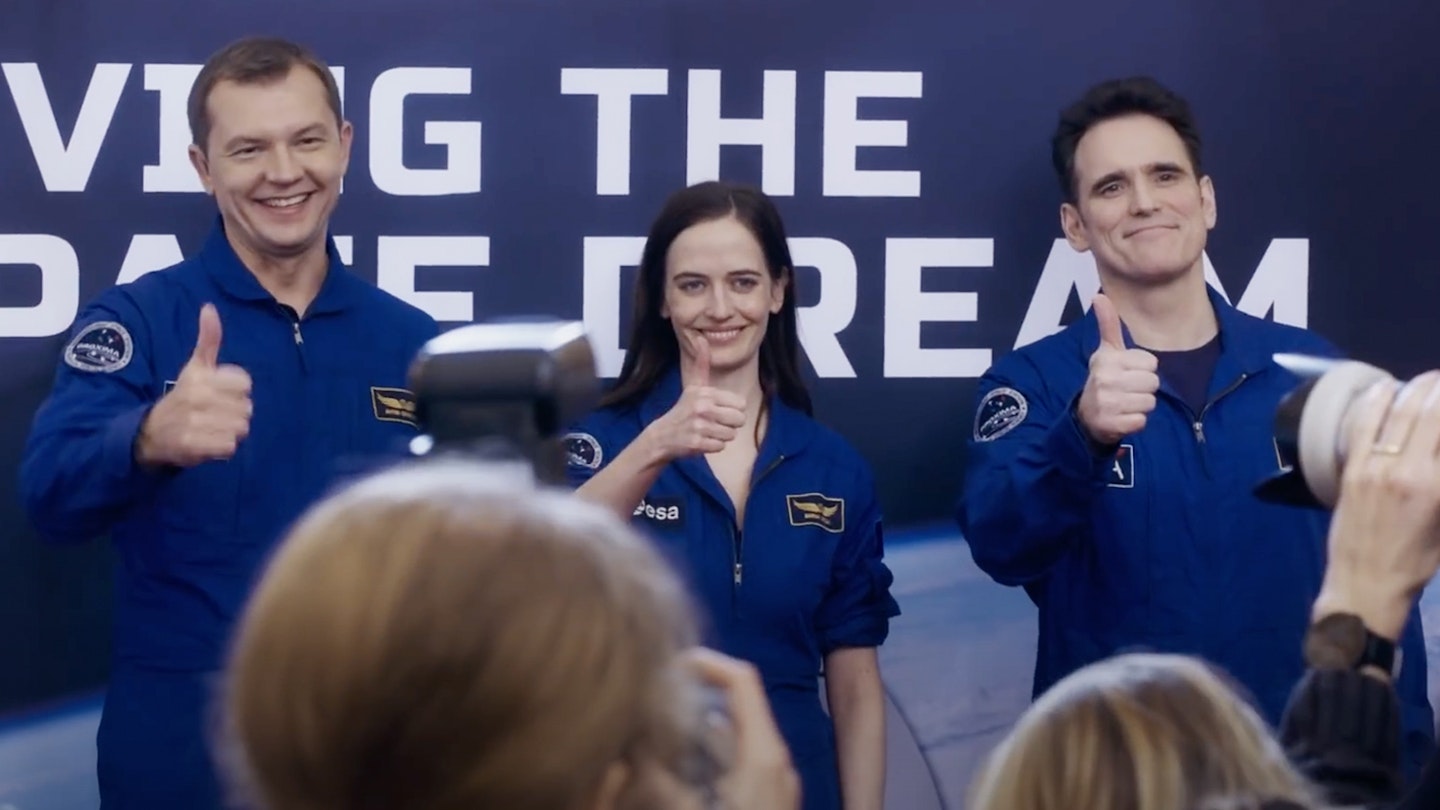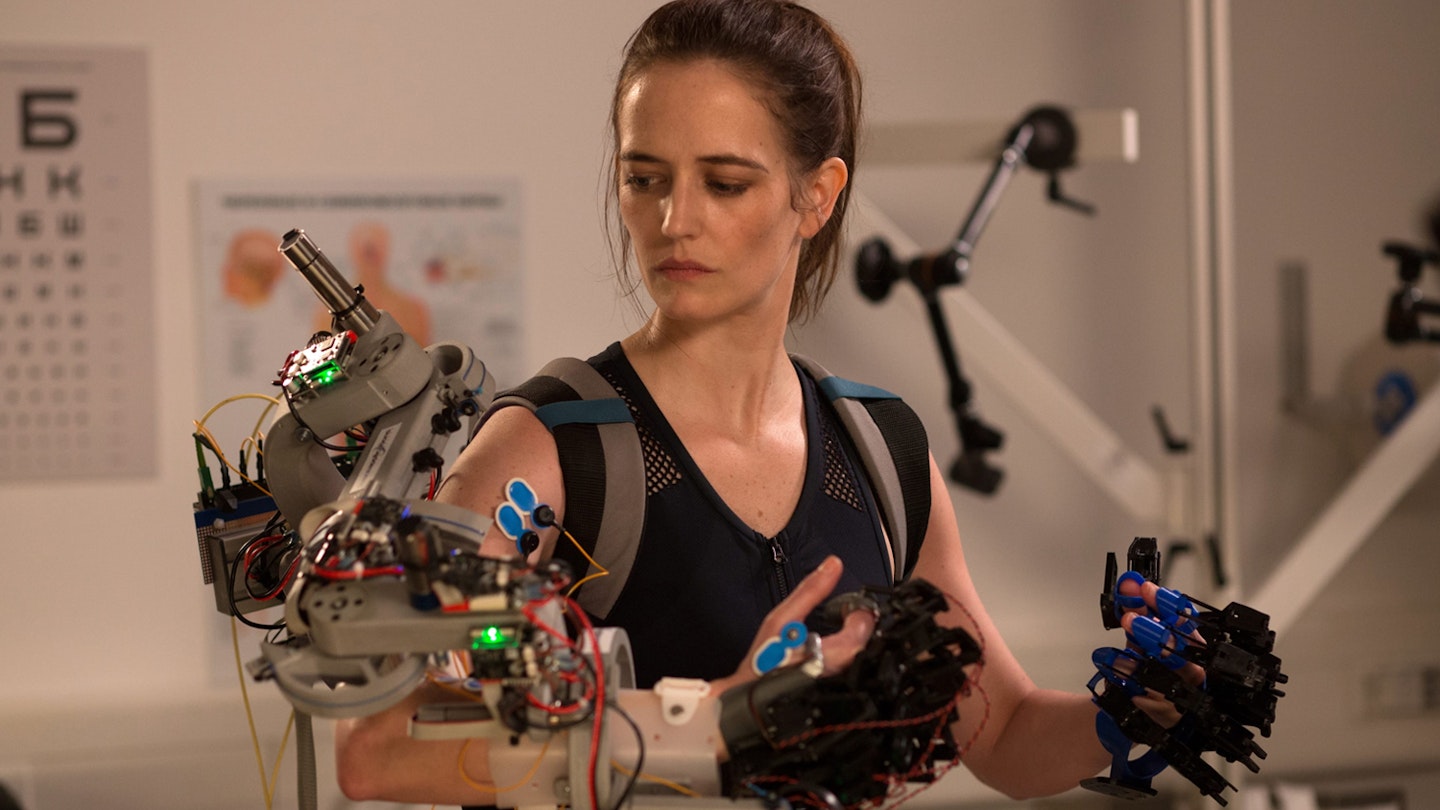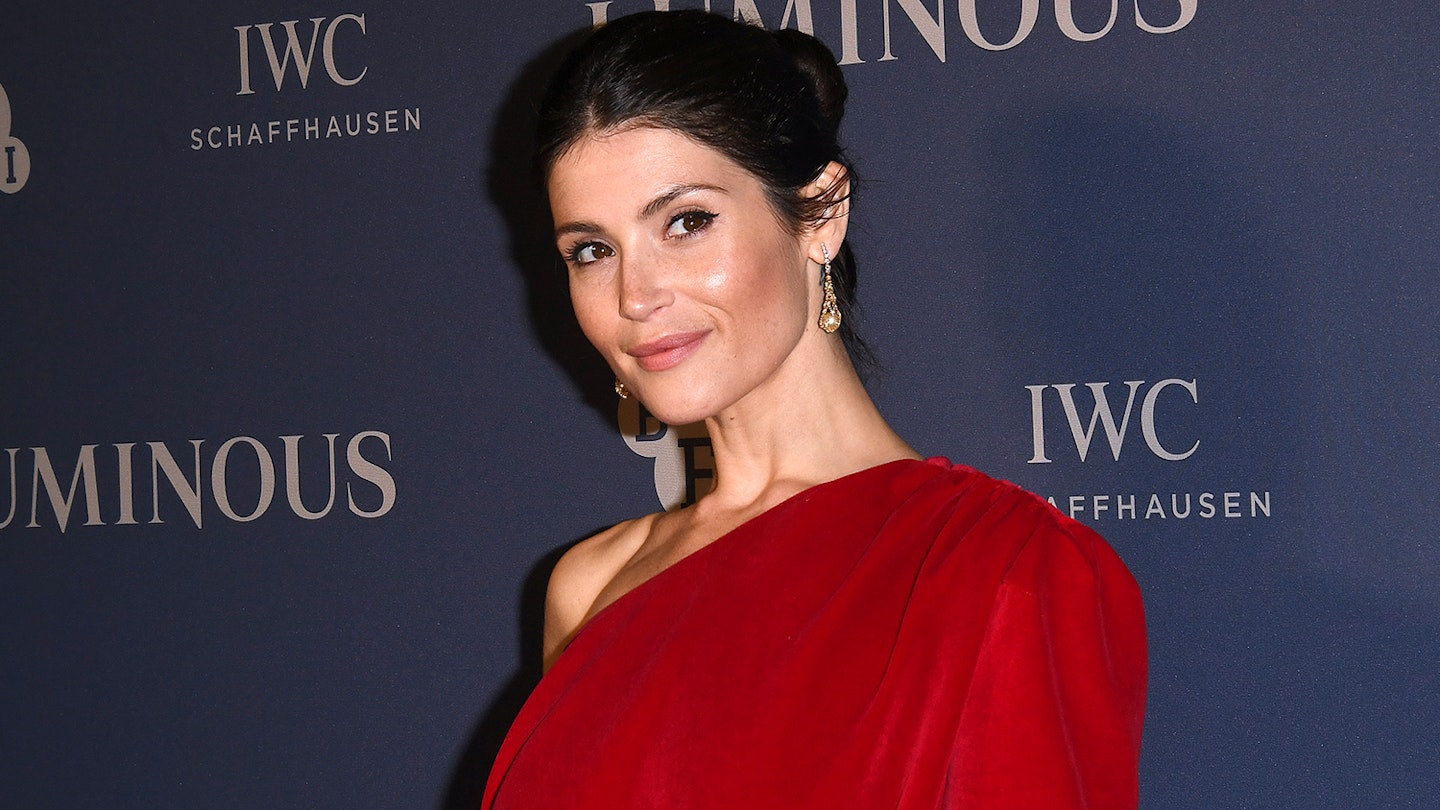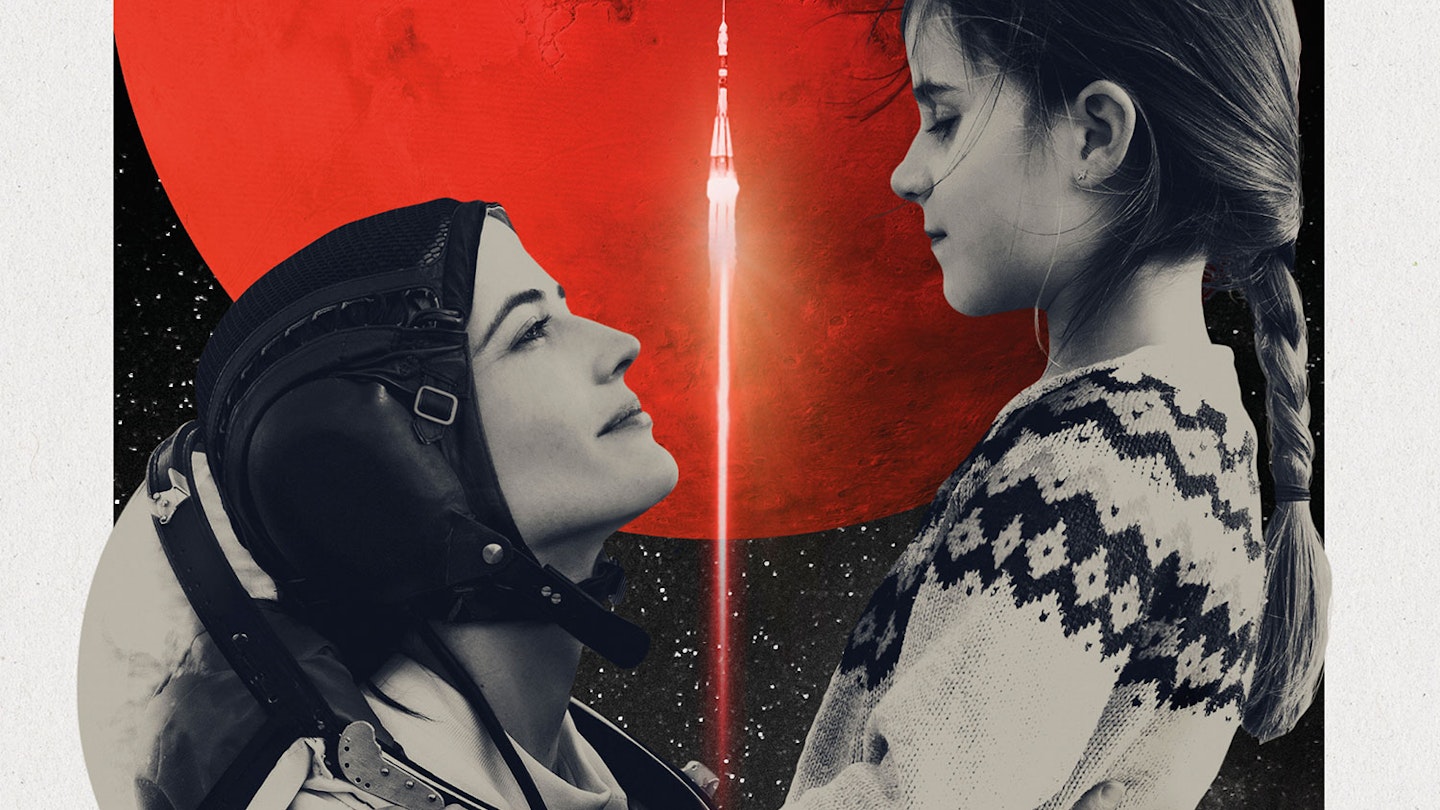You’ve heard of the Sad Space Dad. In recent times we’ve also been getting the Glum Space Mum. The likes of Interstellar, First Man and Ad Astra are being met by the likes of Gravity, Lucy In The Sky — and now Proxima, the latest film to grapple with the cosmic challenges of both going to space and being a good parent. This comes from French filmmaker Alice Winocour, and it’s an emotional but refreshingly matter-of-fact drama; where other films might deal with the galactic razzle-dazzle of space, Proxima gets into the nuts and bolts of actually getting there in the first place.

This is the rare space movie set entirely on Earth, and as such, it feels grounded and real. As Sarah Loreau (Eva Green) juggles her maternal and professional responsibilities, so the film juggles these perspectives, and both seem thoughtfully depicted and largely authentic. We join Sarah as she learns the news that she has been selected to go into space, realising a lifelong dream, and so begins training across multiple months, settings and continents, from deep-water survival to centrifugal machines.
It’s the twin performances from Eva Green and Zélie Boulant that really give the film its heart.
Much of the film was shot at real training centres at the European Space Agency, which lends it a sense of realism. But Winocour is as interested in the universal challenges of a woman moving through a male-dominated environment as she is the singular challenges of astronaut preparation. In one telling scene, a male doctor asks Sarah sniffy and insensitive questions about menstruation and getting her hair cut. Although occasionally it feels overly didactic; Matt Dillon plays a thinly drawn astronaut colleague whose primary character trait for most of the film is ‘sexist!’.
Better is the relationship with Sarah’s ex-partner Thomas (Lars Eidinger), with whom she shares a believably cordial co-parenting relationship (“We’re so modern, getting it done with laughs and smiles,” she observes), and their daughter Stella, who announces herself as “dyslexic, dyscalculic and dysorthographic”. Played sweetly by newcomer Zélie Boulant, Stella is thoughtful and sad, with a quiet intensity, as the confusing pressure of a mother disappearing from the planet for a year slowly dawns. It’s a big burden for a small person to comprehend.
That relationship is the real core of the story, and the film finds poetic drama, through their mother-daughter letters, in the dry facts of astronaut life. In space, Sarah notes in voiceover, her body will not be able to produce tears. On Earth, of course, it’s a different matter. As the unthinkable scale of separation deepens, it’s the twin performances from Green and Boulant that really bring the ship home, and give the film its heart. Boulant is a true find, while Green is astonishing, imparting shattering emotional power with subtlety and verve. We never doubt her character’s resolve. Green hasn’t been stretched so impressively in years; in fact, it’s hard to think of a better performance in her career.


